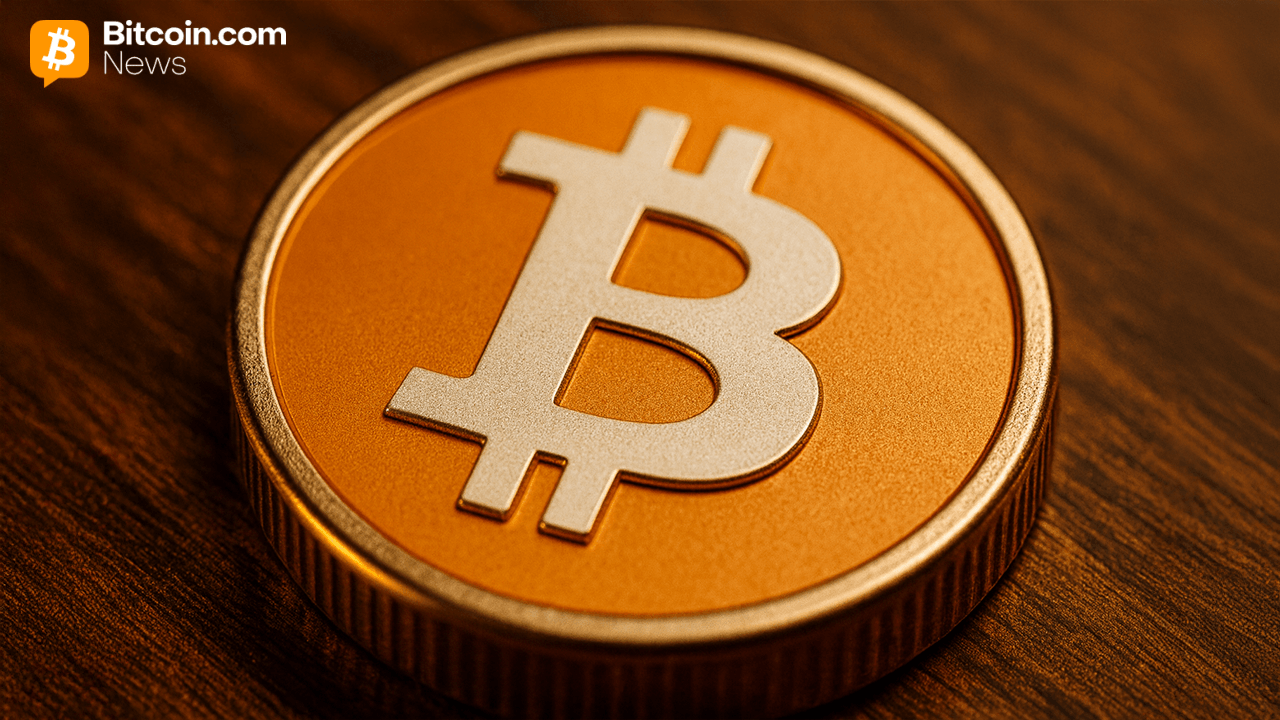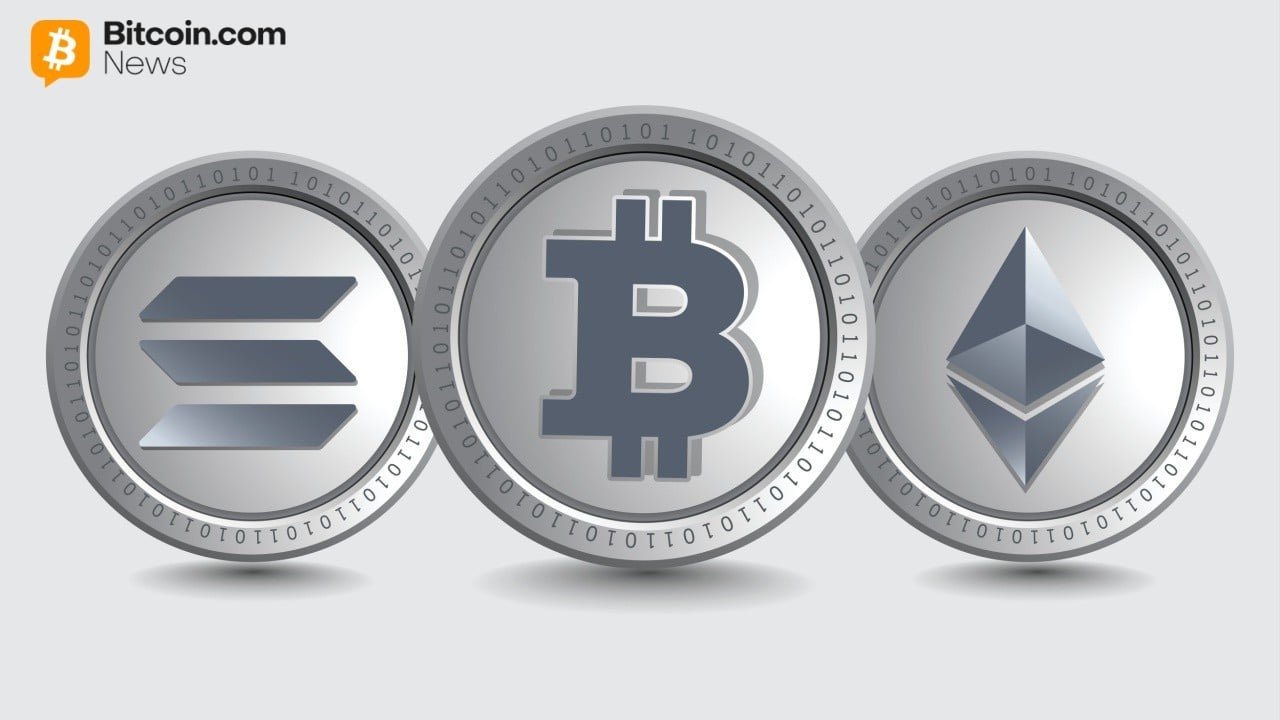Why millennials can’t afford a midlife crisis: earnings, inflation, and shifting priorities
(Originally posted on : Invezz )
Millennials are reshaping the narrative around midlife crises as financial realities and evolving values redefine what this pivotal life stage looks like. Born between 1981 and 1996, millennials face unique challenges compared to previous generations.
A combination of stagnant wages, mounting student loan debt, rising living costs, and delayed life milestones like home ownership and family planning has left many feeling financially strained.
The concept of a midlife crisis, once associated with lavish spending on sports cars and exotic vacations, now takes on a different meaning for this generation.
A recent study by the Thriving Center of Psychology found that 81% of surveyed millennials feel they can’t afford to have a traditional midlife crisis.
The economic struggles that have defined their lives often limit their ability to indulge in costly pursuits during moments of existential questioning.
Financial constraints have not eliminated the emotional and psychological elements of a midlife crisis.
For millennials, these challenges manifest in different, often less extravagant ways, as they grapple with questions of purpose, fulfilment, and identity.
Millennials earn 20% less than baby boomers did at the same age
The economic landscape millennials have navigated is markedly different from that of their predecessors.
Millennials earn about 20% less than baby boomers did at the same stage of life, even as living costs have soared.
Rising housing prices and inflation have forced many to delay traditional milestones, such as purchasing homes or starting families.
These financial barriers have contributed to a sense of stagnation, leaving many millennials feeling unfulfilled and questioning the value of traditional career paths.
With the burden of student loan debt and a competitive job market, discretionary spending on items commonly associated with midlife crises—such as high-end cars, cosmetic surgery, or extended travel—is often out of reach.
Instead, millennials may find themselves engaging in less costly but equally impulsive behaviours, like wardrobe overhauls or spontaneous weekend trips, in an effort to reclaim a sense of control and youth.
Redefining the midlife crisis for a new generation
While older generations might view the midlife crisis as a time marked by conspicuous consumption, millennials are shifting the focus towards personal growth and emotional well-being.
For many, the essence of this life stage lies in the search for meaning and identity, rather than material symbols of success.
Instead of extravagant spending, millennials may seek fulfilment through smaller lifestyle changes or investments in their mental health.
Attending therapy, exploring new hobbies, or even making career shifts towards more meaningful work are all examples of how this generation navigates midlife challenges.
The digital age also plays a significant role in shaping the millennial experience of a midlife crisis.
Social media’s constant stream of aspirational content and “rage-baiting” headlines can exacerbate feelings of inadequacy and anxiety, leaving individuals questioning their achievements and place in the world.
The psychological toll of financial instability
The financial instability many millennials experience has profound psychological implications.
Anxiety, depression, and burnout are common among this generation, particularly as they face the weight of economic pressures alongside social expectations.
Unlike baby boomers, who often grappled with fears of ageing or personal dissatisfaction during midlife crises, millennials frequently contend with a “crisis of purpose.”
Many millennials were encouraged to strive for ambitious goals, only to find themselves wondering if those achievements brought genuine satisfaction.
For some, the reality of reaching professional milestones without the financial rewards to match has led to feelings of disillusionment.
A shift towards entrepreneurship and self-employment
Faced with traditional work structures that often fail to deliver fulfilment or financial security, many millennials are exploring entrepreneurship and self-employment as alternatives.
These paths offer the potential for greater freedom and the chance to align careers with personal values.
By pursuing non-traditional routes, millennials hope to escape the stagnation and lack of autonomy that often define midlife crises for their generation.
Millennials’ changing perspective on success and freedom
Ultimately, millennials are transforming what it means to experience a midlife crisis.
While their financial constraints may preclude them from traditional expressions of this life stage, their focus on emotional and psychological well-being reflects a broader cultural shift.
This generation is less inclined to equate material wealth with happiness and more likely to prioritise work-life balance, personal freedom, and meaningful relationships.
As millennials continue to redefine success on their own terms, the midlife crisis evolves alongside them.
This transformation challenges the traditional understanding of this life stage and underscores the unique struggles and aspirations of a generation navigating an uncertain economic and social landscape.
The post Why millennials can’t afford a midlife crisis: earnings, inflation, and shifting priorities appeared first on Invezz







 Bitcoin
Bitcoin  Ethereum
Ethereum  Tether
Tether  XRP
XRP  USDC
USDC  Lido Staked Ether
Lido Staked Ether  Dogecoin
Dogecoin  TRON
TRON  Cardano
Cardano  Wrapped stETH
Wrapped stETH  Wrapped Bitcoin
Wrapped Bitcoin  Figure Heloc
Figure Heloc  Hyperliquid
Hyperliquid  Chainlink
Chainlink  Bitcoin Cash
Bitcoin Cash  Wrapped eETH
Wrapped eETH  Stellar
Stellar  Ethena USDe
Ethena USDe  Sui
Sui  USDS
USDS  Binance Bridged USDT (BNB Smart Chain)
Binance Bridged USDT (BNB Smart Chain)  WETH
WETH  LEO Token
LEO Token  Hedera
Hedera  Avalanche
Avalanche  Coinbase Wrapped BTC
Coinbase Wrapped BTC  Litecoin
Litecoin  USDT0
USDT0  Monero
Monero  WhiteBIT Coin
WhiteBIT Coin  Shiba Inu
Shiba Inu  Toncoin
Toncoin  Zcash
Zcash  Cronos
Cronos  Mantle
Mantle  Ethena Staked USDe
Ethena Staked USDe  Polkadot
Polkadot  Dai
Dai  Bittensor
Bittensor  World Liberty Financial
World Liberty Financial  Uniswap
Uniswap  MemeCore
MemeCore  Aave
Aave  sUSDS
sUSDS  OKB
OKB  Bitget Token
Bitget Token  Ethena
Ethena  Pepe
Pepe  USD1
USD1  NEAR Protocol
NEAR Protocol  BlackRock USD Institutional Digital Liquidity Fund
BlackRock USD Institutional Digital Liquidity Fund  Jito Staked SOL
Jito Staked SOL  PayPal USD
PayPal USD  Solana
Solana  Ethereum Classic
Ethereum Classic  Aptos
Aptos  Binance-Peg WETH
Binance-Peg WETH  Ondo
Ondo  Pi Network
Pi Network  Jupiter Perpetuals Liquidity Provider Token
Jupiter Perpetuals Liquidity Provider Token  Falcon USD
Falcon USD  Aster
Aster  POL (ex-MATIC)
POL (ex-MATIC)  Tether Gold
Tether Gold  Worldcoin
Worldcoin  USDtb
USDtb  Rocket Pool ETH
Rocket Pool ETH  Arbitrum
Arbitrum  Pump.fun
Pump.fun  KuCoin
KuCoin  Binance Staked SOL
Binance Staked SOL  HTX DAO
HTX DAO  Kinetiq Staked HYPE
Kinetiq Staked HYPE  Internet Computer
Internet Computer  Gate
Gate  Official Trump
Official Trump  Algorand
Algorand  Story
Story  StakeWise Staked ETH
StakeWise Staked ETH  Cosmos Hub
Cosmos Hub  VeChain
VeChain  Liquid Staked ETH
Liquid Staked ETH  syrupUSDT
syrupUSDT  Wrapped BNB
Wrapped BNB  Sky
Sky  Jupiter
Jupiter  Lombard Staked BTC
Lombard Staked BTC  Pudgy Penguins
Pudgy Penguins  Syrup USDC
Syrup USDC  PAX Gold
PAX Gold  BFUSD
BFUSD  Render
Render  Renzo Restaked ETH
Renzo Restaked ETH  Sei
Sei